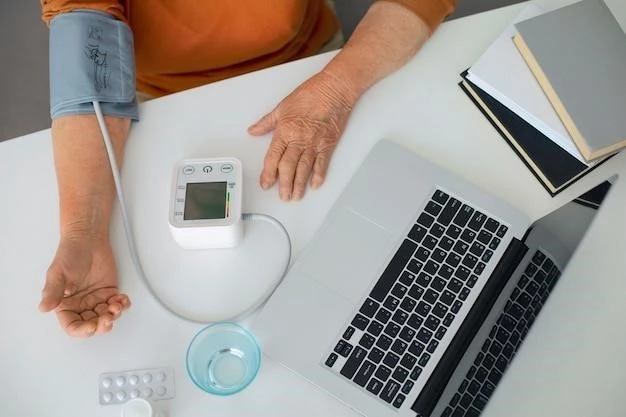Introduction to Reactive Hypoglycemia
Reactive hypoglycemia is a condition characterized by low blood sugar levels typically occurring 2-5 hours after a meal. It is often referred to as postprandial hypoglycemia. The exact cause and mechanisms of reactive hypoglycemia are not fully understood.
Reactive hypoglycemia‚ also known as postprandial hypoglycemia‚ is characterized by low blood sugar levels typically occurring 2-5 hours after a meal. It is not a common condition and can affect individuals with or without diabetes. The exact cause of reactive hypoglycemia is not completely understood‚ and it may involve factors such as excessive insulin production‚ prediabetes‚ or other underlying health issues. Symptoms often include shakiness‚ sweating‚ heart palpitations‚ fatigue‚ and anxiety.
Description and Definition
The term reactive hypoglycemia refers to recurrent episodes of symptomatic hypoglycemia occurring within four hours of a high-carbohydrate meal. This condition can affect individuals with and without diabetes‚ manifesting as various symptoms when blood glucose levels drop below normal ranges.
Possible Triggers
Reactive hypoglycemia can be triggered by various factors‚ including consuming high-carbohydrate meals‚ excessive alcohol intake‚ certain medications‚ gastrointestinal surgery‚ hormone deficiencies‚ or rare enzyme deficiencies. Psychological stress and intense physical activity may also contribute to episodes of reactive hypoglycemia. Identifying and addressing these triggers is essential in managing and preventing the condition.

Symptoms and Diagnosis of Reactive Hypoglycemia
Reactive hypoglycemia presents with various symptoms including shakiness‚ sweating‚ heart palpitations‚ fatigue‚ and anxiety. A diagnosis is typically made based on symptoms and confirmed through blood tests checking glucose levels.
Recognizing Signs and Testing Methods
Recognizing signs of reactive hypoglycemia involves being aware of symptoms like shakiness‚ sweating‚ palpitations‚ fatigue‚ and anxiety that occur after meals. Diagnosis often involves blood tests to measure glucose levels postprandially and may include a glucose tolerance test to assess insulin response.

Treatment and Management of Reactive Hypoglycemia
Reactive hypoglycemia usually doesn’t require immediate medical treatment. However‚ if triggered by an underlying health condition‚ addressing that condition is crucial. Dietary changes focusing on a balanced diet with high-fiber foods can help manage symptoms.
Dietary Changes and Lifestyle Modifications
Dietary changes and lifestyle modifications play a crucial role in managing reactive hypoglycemia. Consuming a balanced diet that includes high-fiber foods such as whole grains‚ fruits‚ and vegetables can help stabilize blood sugar levels. Additionally‚ maintaining a regular eating schedule‚ avoiding long periods without eating‚ and staying hydrated are important lifestyle modifications to manage reactive hypoglycemia effectively.
Prevention Strategies for Reactive Hypoglycemia
Reactive hypoglycemia can be managed by making dietary changes and adjustments to lifestyle habits. Eating a balanced diet and staying hydrated are key prevention strategies to minimize episodes.
Tips to Avoid Episodes
To avoid episodes of reactive hypoglycemia‚ consider consuming a balanced diet with high-fiber foods‚ maintaining a regular eating schedule‚ and staying hydrated. Engaging in physical activity and managing stress levels can also help prevent symptoms.
Reactive hypoglycemia‚ also known as postprandial hypoglycemia‚ is a complex condition that can have varying definitions. While the exact cause of reactive hypoglycemia is not fully understood‚ managing it through dietary changes‚ lifestyle modifications‚ and preventive strategies can help individuals minimize symptoms and improve their quality of life. By making informed choices and incorporating healthy habits‚ individuals can better control their blood sugar levels and reduce the likelihood of experiencing hypoglycemic episodes.
